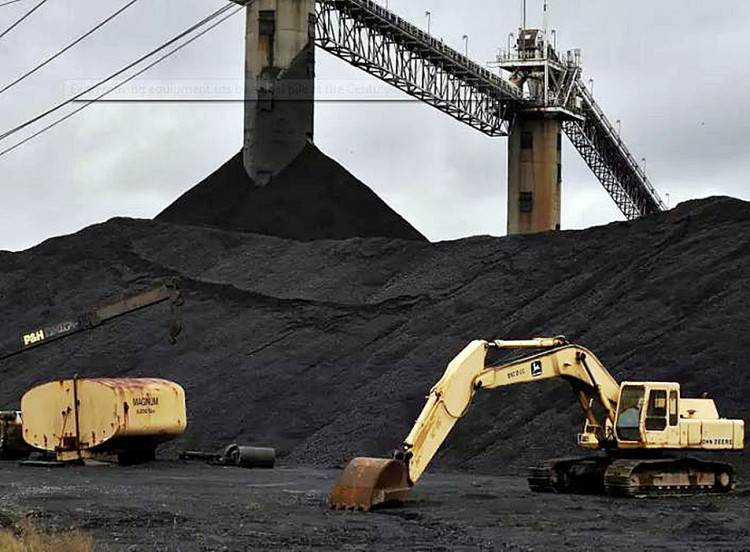Australia, the planet's biggest coal exporter and the fourth biggest producer, won't stop using coal to power the generators that produce its electricity. The country is also 13th biggest emitter of greenhouse gases (including carbon dioxide).
In effect, the coalition government of Prime Minister Scott Morrison has roundly rejected the Intergovernmental Panel on Climate Change (IPCC) report's call to phase out coal power by 2050. The report was issued only this Monday. As with previous governments, Morrison's claims renewable energy can't replace baseload coal power.
Deputy Prime Minister Michael McCormack said Australia should "absolutely" continue to use and exploit its coal reserves despite the IPCC's dreadful warning the world only has until 2030 to avoid climate change catastrophe.
McCormack said the government won't change policy just because somebody might suggest that some sort of report is the way we need to follow and everything that we should do.
He emphasized that coal mining is "very, very important" because it provides 60 percent of Australia's electricity while creating 50,000 jobs. Coal is also Australia's largest export, according to McCormack.
McCormack said he recognizes the concerns laid out in the IPCC report. He said he'll certainly consider what the IPCC report has to say. The fact remains, however, that coal mining and coal-fired power stations do play an important part in Australia's energy mix and will do so in the years ahead.
He pointed out he hasn't seen anything that's going to replace coal in the near future, He also predicted coal will remain an important part of Australia's energy mix "for more than just 10 years".
Countries should now strive to keep the Earth's temperature rise to only 1.5 degrees Celsius (2.7 degrees Fahrenheit) instead of the 2°C target agreed to at the Paris Agreement talks in 2015, urges the U.N. Intergovernmental Panel on Climate Change (IPCC).
Aiming for this lower limit will have "clear benefits to people and natural ecosystems," said the IPCC. In a new report, the IPCC said the world's temperatures will likely reach 1.5°C between 2030 and 2052 at the current rate of warming. This comes after an increase of 1°C above pre-industrial levels since the mid-1800s.
To contain warming at 1.5°C, man-made global net CO2 emissions needs to fall by about 45 percent by 2030 from 2010 levels and reach "net zero" by mid-century. Any additional emissions will require removing CO2 from the air.
Meeting all these complex challenges, however, will mean society will have to implement "unprecedented" changes to the way it operates. Failure to do so runs the risk of more heat waves and flood-causing storms and the chances of drought in some regions.
Every extra bit of warming is important, especially since warming 1.5°C or higher increases risks
The report said renewable energy has to supply 70 percent to 85 percent of electricity by 2050 for the Earth to stay within a 1.5°C limit, compared to 25 percent today. The share of gas-fired power in air pollution will need to be cut to eight percent and coal to less than two percent.






